'Work on the Wild Side' featuring former ACE volunteer Rachael Pfeiffer at Care for Wild
A new wildlife series Work on the Wild Side, Channel 4, will be featuring some of ACE's key partners and people.
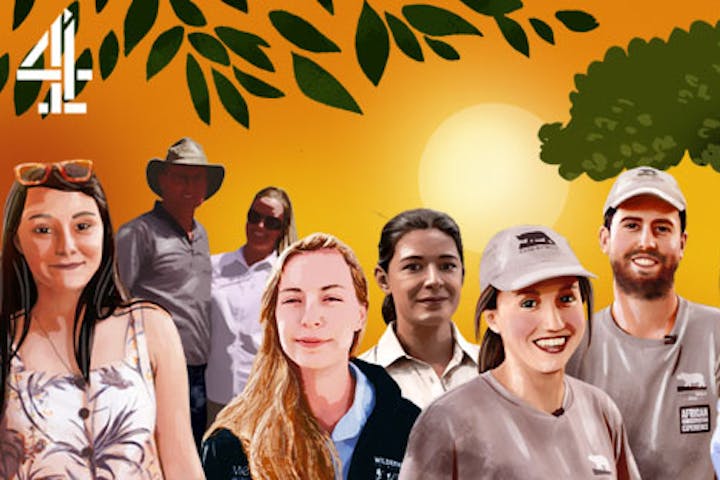
Surrounded by 7,500 acres (3,000ha) of wildlife reserve, Care For Wild Africa Rhino Sanctuary is the largest – and arguably the most successful – rhino sanctuary in the world. This experience gives you the opportunity to live and work inside this renowned wildlife conservation project.
From bottle-feeding orphaned rhinos to perhaps observing injured animals being treated by a vet, you’ll find yourself working hands-on in Africa’s fight to save the rhino. Spending time up close with these amazing creatures, you’ll also get an unrivalled insight into their behaviour and individual personalities.
Although a specialised rhino rehabilitation centre, Care For Wild Africa Rhino Sanctuary does occasionally look after other species. During your experience, you'll gain a holistic understanding of wildlife care from leading conservationists.
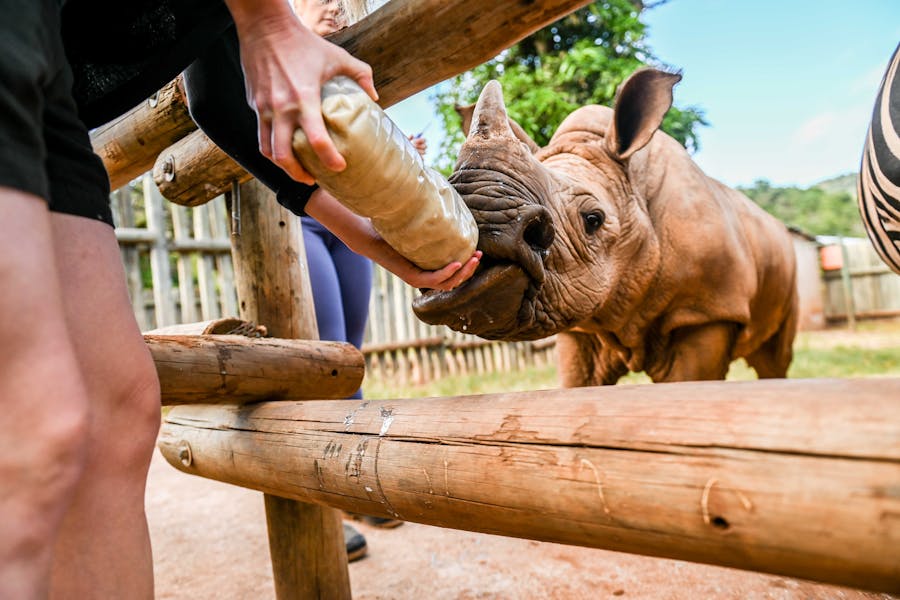
🇿🇦 South Africa
Care For Wild Africa Rhino Sanctuary’s project leader Petronel Nieuwoudt is one of the world’s leading experts in the rehabilitation of rhino, with an excellent track record of releasing animals successfully into the wild.
Care For Wild Africa Rhino Sanctuary has successfully released many of its orphans back into the surrounding reserve, and these survivors are regularly monitored to ensure they are safe and thriving.
Care For Wild Africa Rhino Sanctuary is the only rhino rehabilitation centre accredited by the National Parks Board of South Africa.
Just 3.5 hours from Johannesburg and only half an hour from the provincial capital, Mbombela (Nelspruit), Care For Wild Africa Rhino Sanctuary has easy access to all the facilities of a major city. However, it’s also surrounded by 7,500 acres (3,000ha) of wilderness, giving you the feeling of true isolation.
As a volunteer at Care For Wild Africa Rhino Sanctuary your role will be very hands-on with feeding and cleaning.
As part of a dedicated team, you’ll help get rhinos back to full health and begin their long journey towards release back into the wild.
Volunteers like you are vital to the success and day-to-day running of Care For Wild Africa Rhino Sanctuary.
Care For Wild Africa Rhino Sanctuary’s committed and experienced team will provide detailed lectures on the theory behind hand-rearing rhinos.
Care For Wild Africa collaborates closely with the surrounding communities by providing employment opportunities and assisting in the development of food gardens, farming initiatives, and support to local children. Your contributions will have a significant impact on the wellbeing of these communities.
As well as gaining all kinds of practical work experience, you’ll learn about the behaviour, biology and conservation of rhino.
A new wildlife series Work on the Wild Side, Channel 4, will be featuring some of ACE's key partners and people.

It's World Rhino Day, 2019, and we have a brand new competition for you!
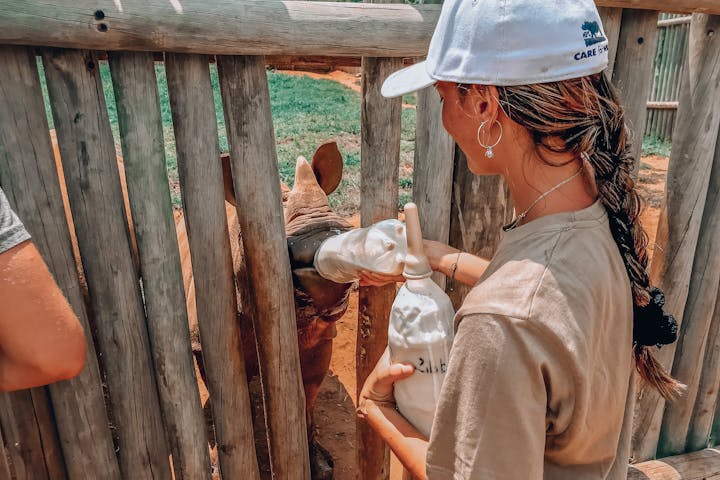
Learn more about the two-part placement available as part of the ACE Rhino Conservation Experience.
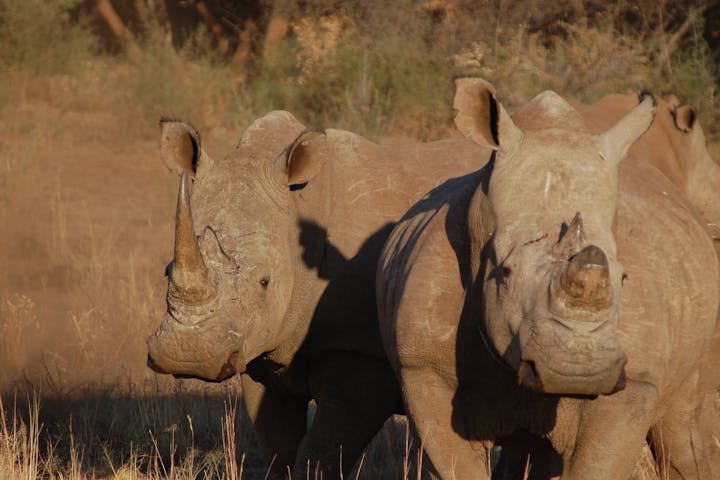
African Conservation Experience’s rhino orphanage project, Care for Wild, welcomed a new arrival last week from the Kruger National Park.
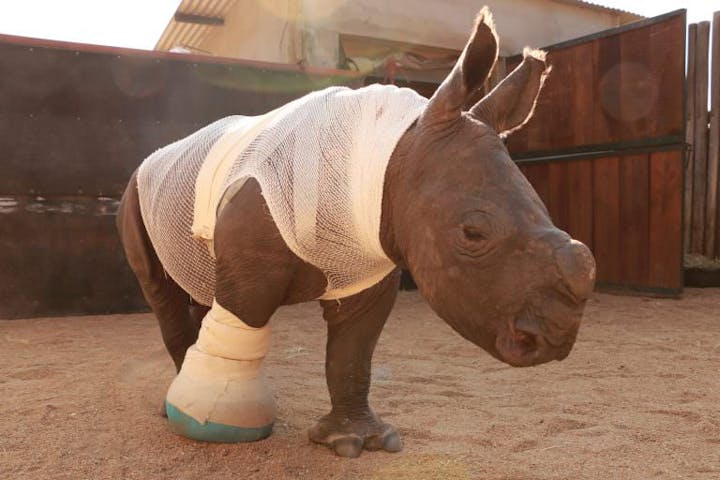
Read an abridged version of Louis Grittani’s story, entitled The Call of the Rhinos.
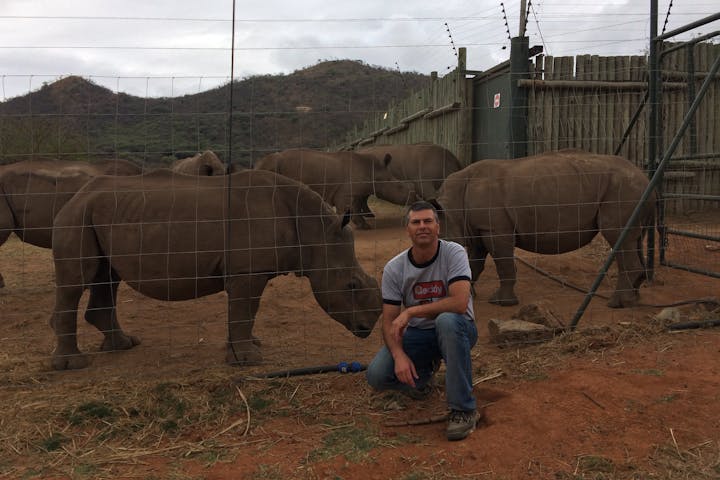
Empowers Africa Foundation has arranged for the founder of Care for Wild to go to the USA to raise awareness of rhino conservation.
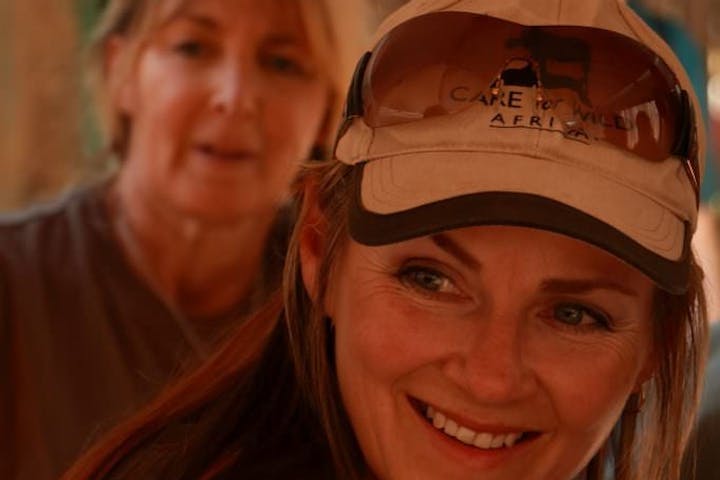
Learn some incredible rhino facts and discover how you can help these gentle creatures by volunteering with ACE.
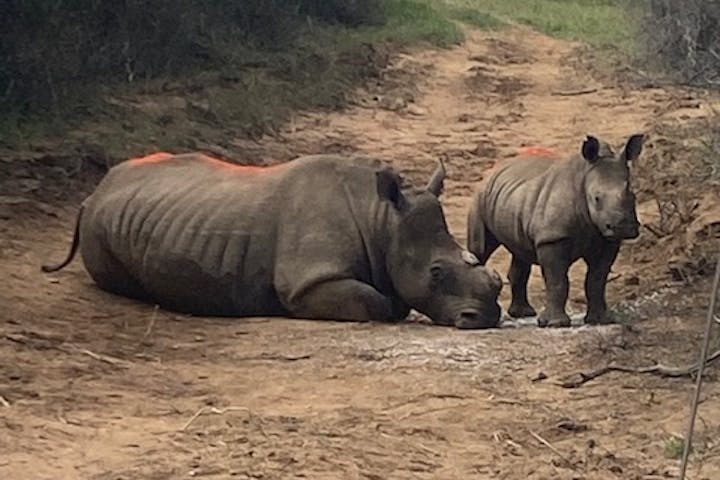
Are you getting ready to watch the super moon tonight?

Dr. María Fàbregas, in collaboration with South African National Parks and Care for Wild Africa Rhino Sanctuary, is conducting a study of rhino orphans.
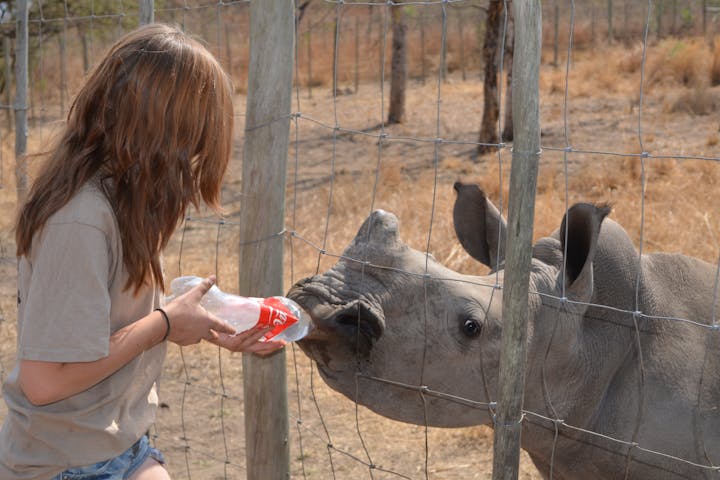
Meet the newest baby rhino at Care for Wild.
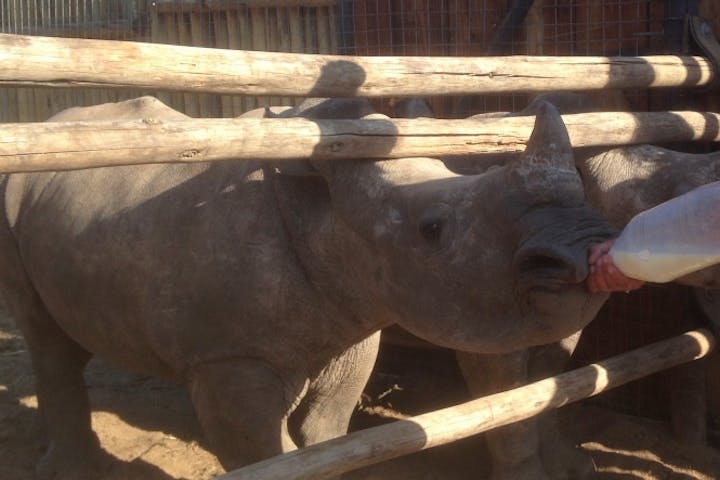
Most of our travellers like to combine multiple projects to create a tailor-made trip. The combined price of projects is cheaper than the individual projects added up online.
We offer combinations of conservation projects, transport between them, accommodation and travel insurance as you require. We are a travel operator, not an agent, which means we take full responsibility for your trip which will be financially protected through ABTA and ATOL.
We will discuss your options and tailor your experiences so you can realise your dreams.
Your journey to Africa starts with our online application form. This is your chance to tell us about yourself and what you want from your African experience. Following our communication, we’ll send you a bespoke itinerary and quote. Then, you only need to pay a deposit amount of GBP 295 / USD 400 / CAD 500 / AUD 500 / EUR 350 to book your entire trip.